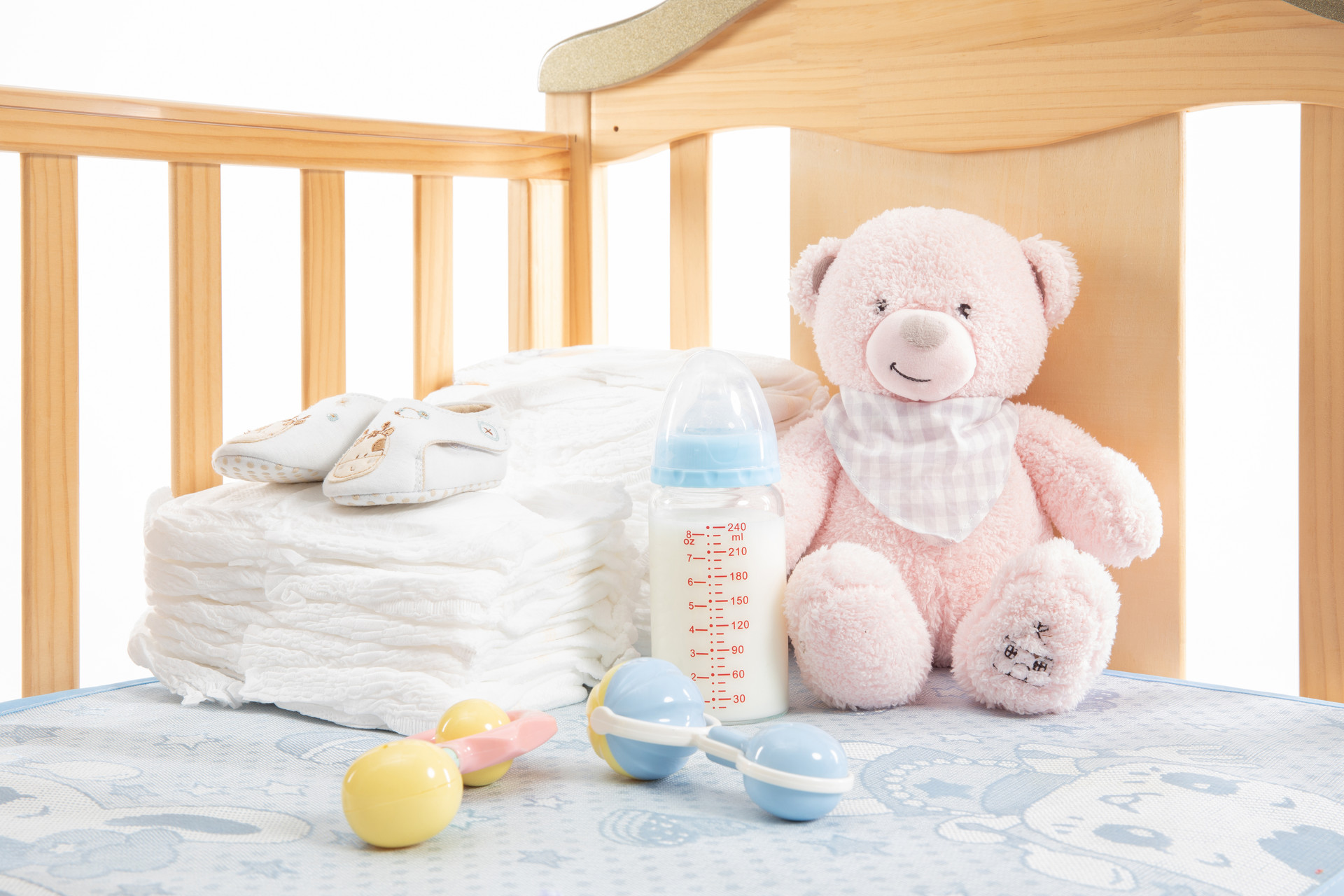Colds are common in children and can occur throughout the year, but are particularly common in the winter and spring seasons. The main symptoms of a cold in children include fever, runny nose, nasal congestion, and coughing, and sometimes vomiting and mild diarrhea. Children under one year old may have more severe symptoms, such as high fever, refusal to eat, and even convulsions. Some families have a "medicine cabinet" and give their children cold medicine from home or buy medicine from a pharmacy when they have a cold, which often leads to some misuse of medication and should be avoided.
Don't use medication too early: Some parents immediately give their children medicine or rush to see a doctor as soon as they notice a runny nose or a couple of coughs, and most parents prefer to choose large hospitals with many pediatric patients. As a result, what would have been a mild cold may become severe due to excessive "protective measures" or cross-infection from other sick children. Therefore, if a child does not have a fever and is eating, drinking, and eliminating normally, there is no need to rush to take medication or see a doctor.
Be cautious with fever-reducing medication: Some parents immediately use fever-reducing medication as soon as they notice their child has a fever. In fact, fever is a response of the body to the invasion of viruses or bacteria and is beneficial for eliminating the invading viruses and bacteria, thus promoting the growth and development of children. Only when the body temperature exceeds 39 degrees Celsius, should fever-reducing medication be used; however, fever-reducing medication often has significant side effects. For example, although aspirin has good antipyretic and analgesic effects, it can damage the digestive system and liver and kidney function, and in some cases, it may cause Reye's syndrome or decrease white blood cells and platelets, especially in children under 3 years old, it is generally not recommended to use this type of medication. During the use of fever-reducing medication, close attention should be paid to its side effects.
Avoid using antibiotics: Most children's colds are caused by viruses, and the use of antibiotics is often ineffective. However, antibiotics can be considered in the following situations: antiviral medication does not reduce fever; prevention of secondary bacterial infections in infants under 6 months old; significant increase in white blood cell count in blood tests; frequent tonsillitis; bronchitis or pneumonia occurs.
Avoid using adult medication: Some parents often give their children adult cold medicine after they have a cold, without realizing that due to the special constitution of children, unexpected side effects may occur. Medicines such as "Severe Cold Capsules," "Cold Relief," and "Antongding" can suppress the hematopoietic system, affecting the generation of blood cells in children and reducing their immune function. Some medications may even cause toxic liver damage.
Avoid excessive use of intravenous fluids: Many parents believe that intravenous treatment is effective for treating colds, but this treatment method also has many adverse reactions and can even lead to cross-infection. In fact, for children with fever, it is best to choose medication based on the condition, and the principle is to take medication orally if possible, and use injections if necessary, but avoid intravenous fluids if possible.
Avoid excessive use of medication: Parents may be anxious to help their children recover from a cold quickly, so they often give their children several different cold medications at the same time, which is quite dangerous. Currently, there are many different cold medications available, but most of them have similar ingredients and similar effects. If more than two cold medications are taken at the same time, it is equivalent to increasing the dosage of medication, which significantly increases the risk of adverse reactions.












